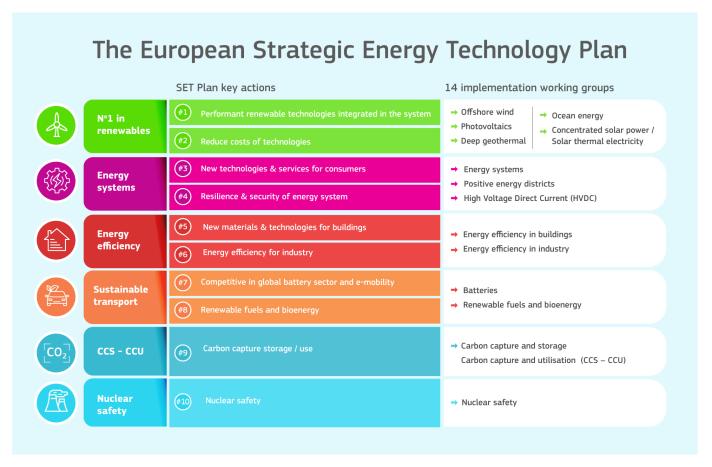Of the various forms of malnutrition that exist, chronic malnutrition is the most widespread, affecting over 148 million children. In most cases, malnutrition is due to inadequate nutrition and disease. The promotion of quality fortified foods is a solution with great potential for preventing malnutrition. There is as well an increase of demand of locally transformed baby food. In countries most affected by malnutrition, the local private sector has a key role to play, as there is a real market opportunity for healthy, quality fortified products at affordable prices.
By working with the local private sector, GRET, a partner of EU, has a twofold objective: to help develop and make available quality local foods adapted to the nutritional needs and expectations of the 1000 days window, and to support a market-led approach to disseminate targeted quality fortified foods in a sustainable way, to as many people as possible, at lower cost. In this infopoint, three complementary business approaches will be presented.
Nutri'zaza is a Malagasy social enterprise, created in 2013, whose main objective is to combat child malnutrition by improving the nutrition of Malagasy children and families. To achieve this, it distributes quality fortified products, adapted to those most affected by chronic malnutrition and micronutrient deficiencies, and available everywhere at an affordable price, even to the most vulnerable. Working in urban areas, the company distributes its products, made in Madagascar from essentially local ingredients, through 3 distribution networks.
Le Lionceau is a Senegalese company that offers a range of products for feeding babies mainly small jars and biscuits made on the basis of recipes and local products. The company has found its market at the national level, mainly in urban areas and now wants to take a new dimension by opening up to a wider market in West Africa. Her director will share her experience as a pioneer in the region in the early childhood food market and the challenges she faces to give a new dimension to her business.
In a country like Niger, the infant flour market presents a significant opportunity, with growing demand for these products. They are currently produced by companies of different sizes: on the one hand, agri-businesses often based in urban areas, where reaching rural populations remains a major economic challenge for these urban companies; and on the other, small units managed by rural women's groups, which are closer to rural consumers and are structured in networks to enable them to pool their resources. Networking between these different types of businesses and between small
A representative of the DUE of Niger will then share his experience on supporting local flour production initiatives and partnership with the private sector in the field of nutrition. In particular, it will address regulatory aspects, support through political dialogue and challenges and opportunities to promote the business environment of companies with both a social and economic vocation.
Finally, preliminary findings of the International Trade Centre (ITC) study mandated by DG INTPA on a Regional Value Chain related to Formulated Complementary Food (including RUTF, Fortified Blended food (including flours), High energy biscuits, infant formulas.) will be shared. Previously identified as a high potential area, the second phase of the study now identify concrete ideas in the shape of operational roadmaps for building pilot Global Gateway projects.
Language: English
Q&A session languages: English and French
Register for onsite participation at the InfoPoint premises
Register for online participation to the Webex meeting (Webex link will be communicated upon registration)
Read the privacy statement.








